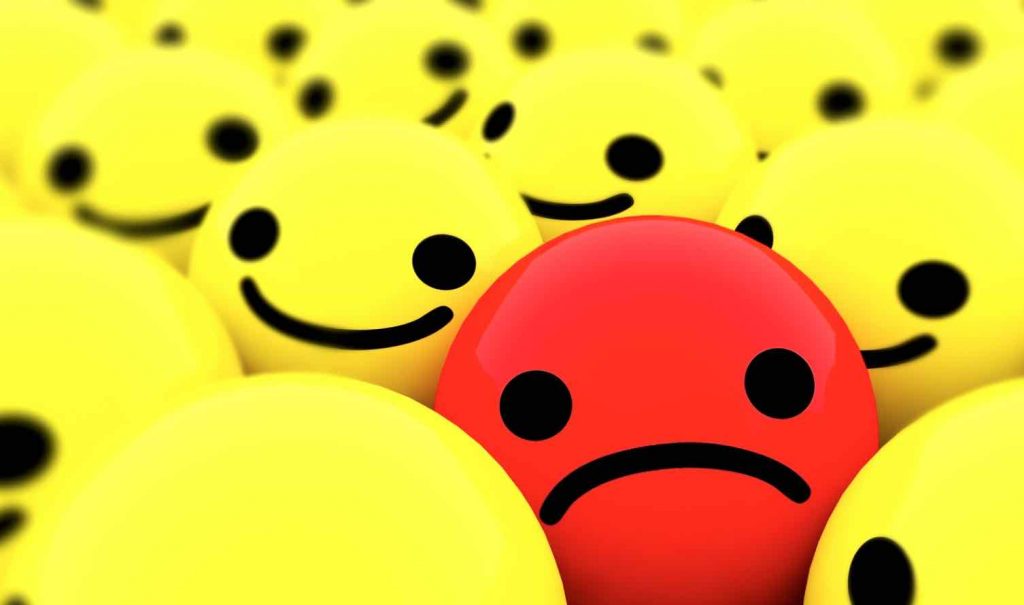
How do you react when you fail a task? New research shows that our reaction may actually play a big role in how we succeed with similar tasks in the future…
In brief you might say that there are two extremes when it comes to our reactions when we fail or make a mistake. We either react with strong emotions – we might even start shouting, cursing our bad luck or just feel generally rubbish. Or we might stay surprisingly calm and note that things did not go so well, perhaps wonder where things went wrong, but without letting our own shortcomings get to us. Most of us probably find ourselves somewhere in between these two.
So what do you think is the best way to increase your chances to succeed in a similar task in the future? A team of researchers at the American universities in Ohio, Kansas and Stanford have looked into this and the answer turned out to be somewhat surprising.
The study, which was presented in The Journal of Behavioural Decision Making last autumn, could in a very simplified way be described as follows: The researchers let a number of students search the internet for the lowest price of an item. The objective was to find the item under a certain price level and whoever managed to do so would win $ 50. However, this task was rigged and no one succeeded. Simultaneously, the researchers measured the students’ reactions to their failure and then gave the students a new task: Half of them were asked to continue to look for the lowest price of another item, whereas the other half were asked to find a certain type of book (a task very different from the previous one). The researchers now measured how much time the students spent on the second task they had been given. The study was repeated several times with different students.
The results were unambiguous. The students who had had a strong emotional reaction to the results of the first task devoted much more time to the second task than the students who had reacted in a calmer, more pensive way. However, this was only true if the second task resembled the first one. If the tasks were very different, there seemed to be no difference.
The conclusion of the researchers was that if your reaction to failure is very emotional, you will work very hard in order not to fail the next time you try something similar. You will remember how painful it was to fail the first time and you will want to avoid feeling this way again at any cost. Your frustration and irritation simply make you more motivated and resolute to find a way to succeed next time.
However, if on the other hand you react in a calmer and more analytical manner, you might of course be able to work out why you failed, which is good. But more likely, you will start blaming your failure on something outside of yourself – it was simply something/someone else that was wrong. Or you might decide that the task was not very important, so why bother?
It turns out that humans are by nature more prone to the latter reaction. We do not like feeling bad, so we try to manage our emotions as much as we can when we fail. If you have ever heard the expression “do not cry over spilt milk”, you know what we mean. If you on the other hand let your emotions run wild when you fail at something, researchers claim this will help you make wiser decisions in the future.
So next time you fail, you might want to reconsider and really let your emotions go a bit bananas. Or, as the more “expressive” among us might say:
Noooo, what the —? I can’t do it like this! Oooooh! Come on, get a grip!!!



